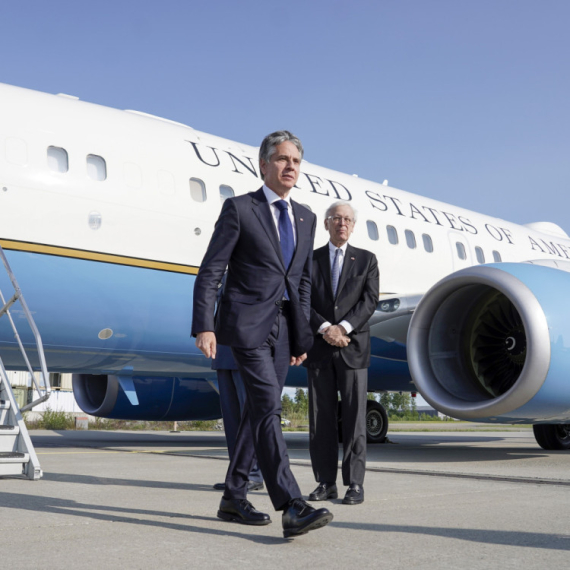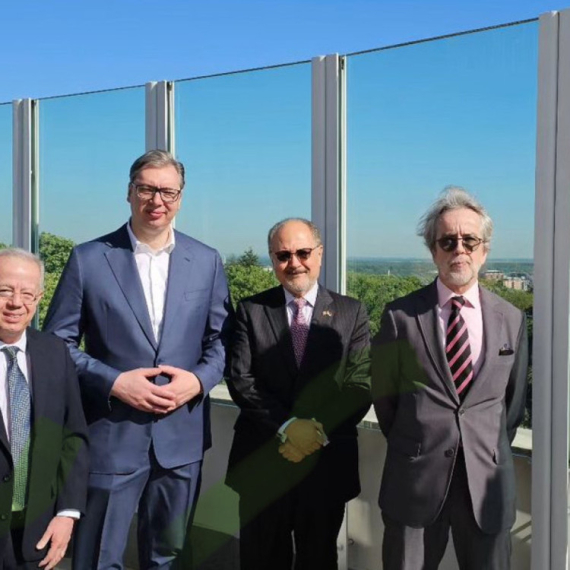Foreign minister on Serbia's role in OSCE's work
Serbian Foreign Minister Vuk Jeremić stated Saturday that finding a solution to instability was one of the main challenges that OSCE was facing.
Sunday, 10.07.2011.
12:39

Serbian Foreign Minister Vuk Jeremic stated Saturday that finding a solution to instability was one of the main challenges that OSCE was facing. He expressed belief that Serbia would have an important role in that process. Foreign minister on Serbia's role in OSCE's work At the plenary session of the OSCE Parliamentary Assembly (PA) in Belgrade, Jeremic said that Serbia was ready to submit a request to assume OSCE Presidency in 2014. He recalled that, as one of the countries of former Socialist Federal Republic of Yugoslavia, Serbia played a key role in the signing of the Helsinki Accords in 1975. “The Helsinki Accords was at the time considered a bridge between the East and the West,” the foreign minister said, adding that Serbia, which belonged to the Non-Aligned Movement, helped bring East and West closer together. He pointed out that, after the fall of the Berlin Wall, Serbia had found itself in a different situation, that it had suffered a tragedy but had worked hard ever since to recover its losses. “Serbia's cooperation with the Hague Tribunal has contributed to the reconciliation process, and we hope that the vicious circle of violence is complete, and that we will be able to cooperate even more closely, both bilaterally and multilaterally,” Jeremic concluded. Vuk Jeremic (Tanjug, file)
Foreign minister on Serbia's role in OSCE's work
At the plenary session of the OSCE Parliamentary Assembly (PA) in Belgrade, Jeremić said that Serbia was ready to submit a request to assume OSCE Presidency in 2014.He recalled that, as one of the countries of former Socialist Federal Republic of Yugoslavia, Serbia played a key role in the signing of the Helsinki Accords in 1975.
“The Helsinki Accords was at the time considered a bridge between the East and the West,” the foreign minister said, adding that Serbia, which belonged to the Non-Aligned Movement, helped bring East and West closer together.
He pointed out that, after the fall of the Berlin Wall, Serbia had found itself in a different situation, that it had suffered a tragedy but had worked hard ever since to recover its losses.
“Serbia's cooperation with the Hague Tribunal has contributed to the reconciliation process, and we hope that the vicious circle of violence is complete, and that we will be able to cooperate even more closely, both bilaterally and multilaterally,” Jeremić concluded.


























































Komentari 0